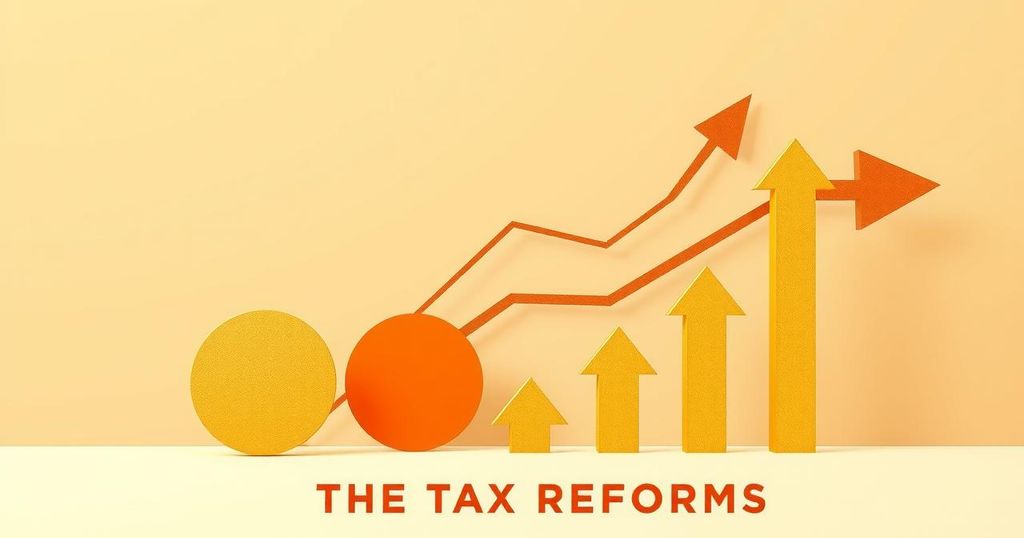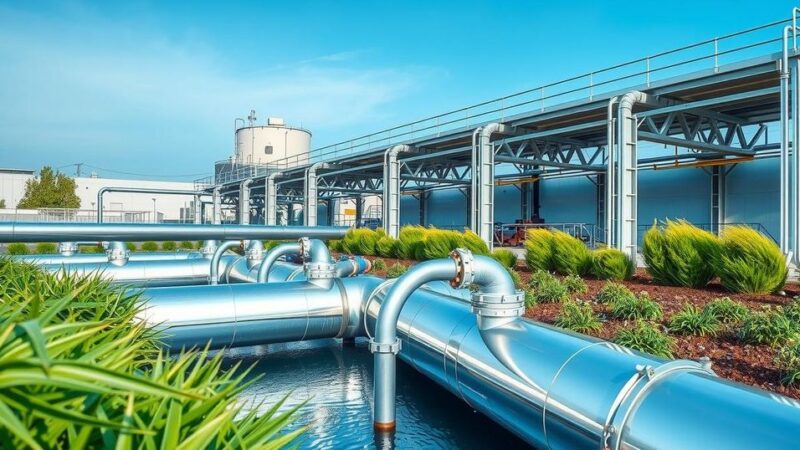The Liberia Revenue Authority will implement tax reforms on April 1 to foster economic growth and ease taxpayer burden. Key changes include reducing excise taxes on certain goods, extending tax filing deadlines, and preparing for a future VAT system by adjusting the Goods and Services Tax. These reforms aim to increase compliance, enhance revenue, and support national development initiatives.
The Liberia Revenue Authority (LRA) will implement major tax reforms from April 1 aimed at enhancing national development and easing tax compliance. These amendments, approved by the National Legislature and disseminated as a handbill, seek to bolster economic growth while providing relief to taxpayers.
A notable change includes a reduction of excise taxes on imported and locally manufactured excise goods such as beer and wine. This reduction, covering products under Harmonized Codes 2204, 2205, 2206, and 2208 of the Liberia Revenue Code, is expected to alleviate financial pressure on manufacturers and importers, stimulate local production, and enhance economic activities, thus improving consumer affordability.
In addition to tax reductions, the LRA has extended the deadline for filing tax returns from 5:00 PM to 11:59 PM. This extension offers businesses and individuals additional time to fulfill tax obligations, reducing stress during tax season. Taxpayers utilizing the LITAS online platform can now file returns at their convenience, with no late penalties for submissions after 5:00 PM, benefiting both businesses and individuals significantly.
As Liberia prepares to move to a Value Added Tax (VAT) system in January 2027, the amended laws also increase the Goods and Services Tax (GST) from 10 percent to 12 percent. This adjustment aims to enhance domestic revenue, aiding national development in sectors such as infrastructure, healthcare, and education, while equipping businesses for the full transition to a VAT set at 15 percent in 2027.
Prior to the implementation, the LRA engaged various stakeholders, including tax practitioners, customs brokers, and business associations, to ensure a smooth transition. The LRA is committed to creating a fairer and simpler tax compliance system as these amendments reflect the government’s commitment to economic growth and improved public services, aiming for a prosperous Liberia for all citizens.
In conclusion, the Liberia Revenue Authority’s upcoming tax reforms scheduled for April 1 will significantly reduce excise taxes, extend filing deadlines, and prepare the nation for a future VAT system. These changes represent a step towards alleviating financial pressures for taxpayers while boosting national revenue for vital development projects. Stakeholder engagement is vital in ensuring a successful transition, reflecting the government’s commitment to fostering economic growth and enhancing public services.
Original Source: frontpageafricaonline.com






